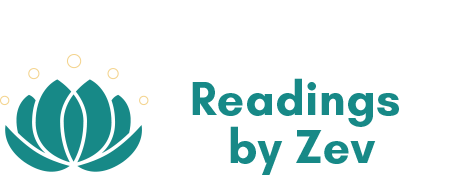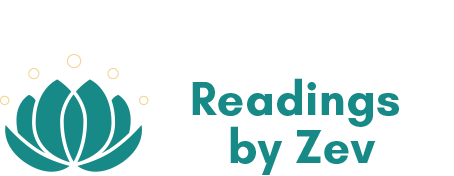17 Aug Judge-Mental
Most of us find it easier to catalog the things we’ve messed up than to validate our positive qualities and successes. But all the missteps and miscues in life don’t make you a bad person. They make you a human person. Underneath all this contempt lies the perception of unworthiness.
This kind of self-inflicted judgement implies a distinction between two things: one is right one and one is wrong. It generates a polarity that the mind will take sides on, and then form an internal debate team. When confronted with self-debasing self-judgement, choose instead discernment. Discernment is the ability to distinguish between two different options. It’s crucial not to confuse judgement with discernment, condemnation with preference.
Judging doesn’t cleanse the self of that which we’ve deemed wrong or deficient, but only makes things messier. The deepest absolution we achieve is by expanding our hearts to embrace our perceived flaws for what they truly are: the fuel of growth and the by-products of dreams.
You believe you are flawed, that you’ve screwed up? Says you. Hold that picture in your space long enough and other people will surely agree with you. Discern the lesson and move on, and your place in the world will move on too. You will grow.
Does it matter what we think of each other? Comparison is the basis of most judgment, but it’s an illusion. We assume that we knowingly weigh our given merits versus another, but our perception is relative, biased and often spearheaded by unconscious and unowned low self-esteem. Support others and you will quell that naysayer in your own head.
We’ve got to be present with our self-talk to release judgement. Anger at one’s self doesn’t right any wrongs, fix any scores. It only makes things worse. You can’t embrace your personal power and fight it at the same time. Words and thoughts of self validation make our path easier and more accessible. This life requires us to receive encouragement if we would transcend all the challenges we face.
At the same time, choosing a path that will incur the least amount of judgement is a decision based on fear, and that’s no choice at all. If we’re truly honest with ourselves, there’s nothing to defend inside because nothing requires it. It’s not that you should be better than you are. It’s that you are better. Own it. Embrace it.
Our sense of shame is not what makes us good people. It’s the exercising and strengthening of the muscles of compassion and tolerance that create more room for ourselves and others. This makes space to live and to be ourselves.
In this sense, doubting the self does not equalize, it denies. A little healthy skepticism is a great thing, but turned inward as a cudgel, it can become a paralyzing menace. So we must learn to trust our own information.
When we judge feelings we invalidate them. Often times, our “personal” rhythms have been set since childhood, long before we had a chance to take charge of who we are. This leads to endless frustration. It’s not a natural speed at which we would do things, or how we would do them. Take ownership of how you lead your life.
Judgement is a coping mechanism for the feeling of living one’s life according to someone else’s charts. It’s a way to try and set boundaries when we figure that we don’t have the ability to do so, but subconsciously know we lack them. Releasing the need to judge is a healing for this. It is a great way to create permission.
There needs to be permission for the transience of feelings. Letting the heart center manifest it’s own affinities on the fly is the very definition of inner peace. It will enable strong boundaries and true love for the self and others. It will manifest an enduring sense of enough-ness, and self-esteem.
In the end, the only sane recourse is to keep playing the ball where it lies – and make it to the pin in as few swings as possible. If we don’t pressure ourselves to meet expectations that evade potential judgement, then the knot/not releases. Don’t evade that voice. Make it obsolete.

